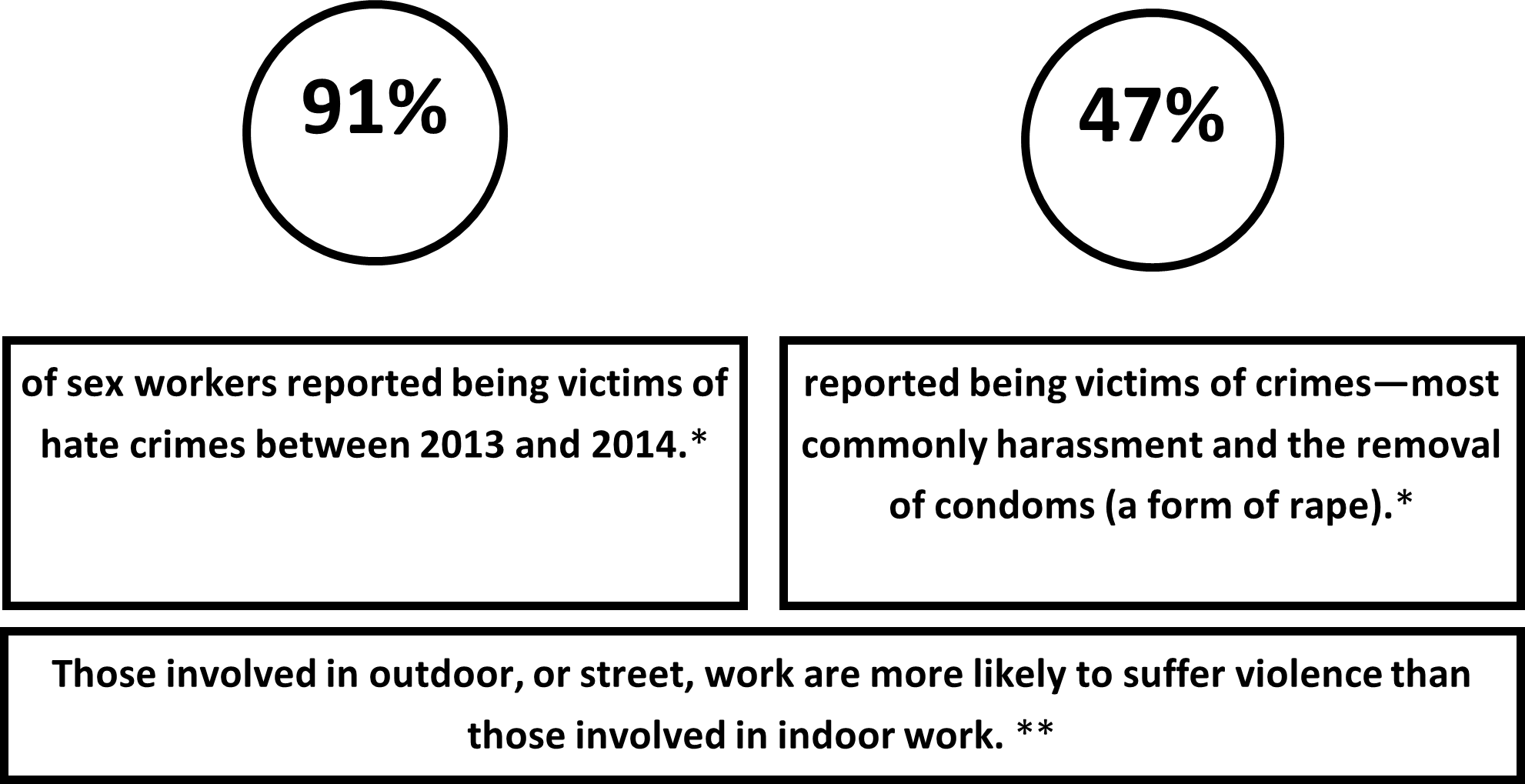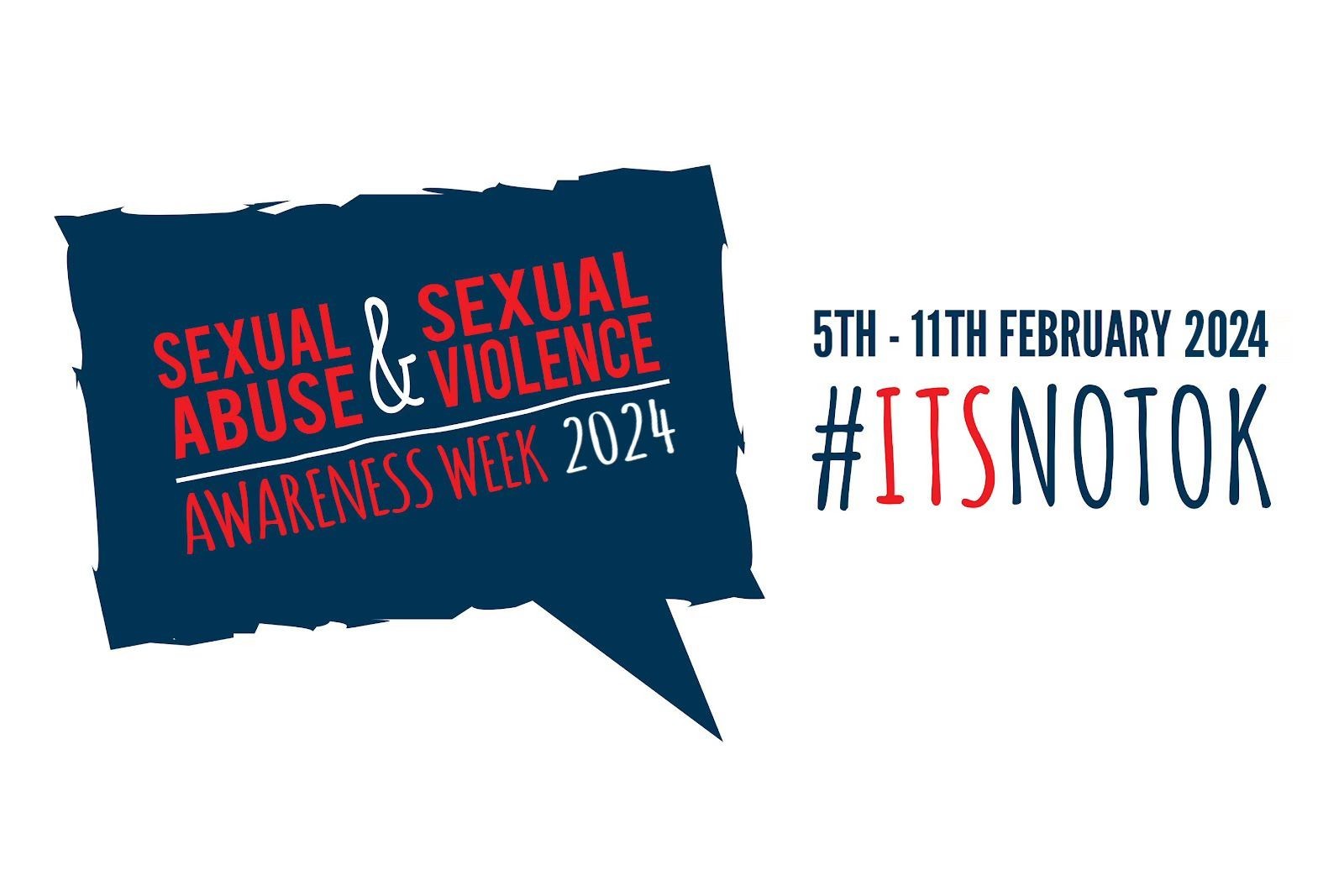
* Campbell, Rosie and Sanders, Teela (2016) ‘Violence against sex workers’ IN Adams, Niki, Brady-Clark, Megan, Michales, Heston and Wills, Rosie (eds) Decriminalisation of prostitution: the evidence; report of Parliamentary symposium, 3 November 2015, House of Commons. London: English Collective of Prostitutes.
** Deering, Kathleen N, Amin, Avni, Shoveller, Jean, Nesbitt, Ariel, Garcia-Moreno, Claudia, Duff, Piti, Argento, Elena and Shannon, Kate (2014) A systematic review of the correlates of violence against sex workers American Journal of Public Health 104:e42-e54
Remember: Sex work is a form of work, and sex workers are entitled to the same protections as anyone else.
Harm reduction
Over the last few years a lot of work has been done to improve the historically poor relationship between Police and sex workers through an official policy of harm reduction. This is from the National Police Chiefs’ Council’s 2015 ‘National Policing Sex Work Guidance’:
“The policing of prostitution [sex work] continues to present difficult challenges. A victim centred approach which considers the needs of both individuals and communities is key whilst utilising the appropriate resources and legislation, when every other avenue has failed. Those who abuse, exploit and attack sex workers must be rigorously investigated and prosecuted.”
Child sexual exploitation
As we outlined in previous Explainers, children cannot consent to sex. This means there is no such thing as a ‘child sex worker’.
All children who are selling sex or being sold for sex are being sexually abused.
This means that anyone buying child sex, or exploiting children for sexual purposes, is an offender.
Modern slavery and trafficking
Adults can be vulnerable to control by others through violence, threats or coercion.
These will often be those with existing vulnerabilities, such as undocumented migrants, who feel they cannot report their situation without risking legal repercussions themselves.
The control and exploitation of others, for sexual or other purposes, is a form of slavery.






